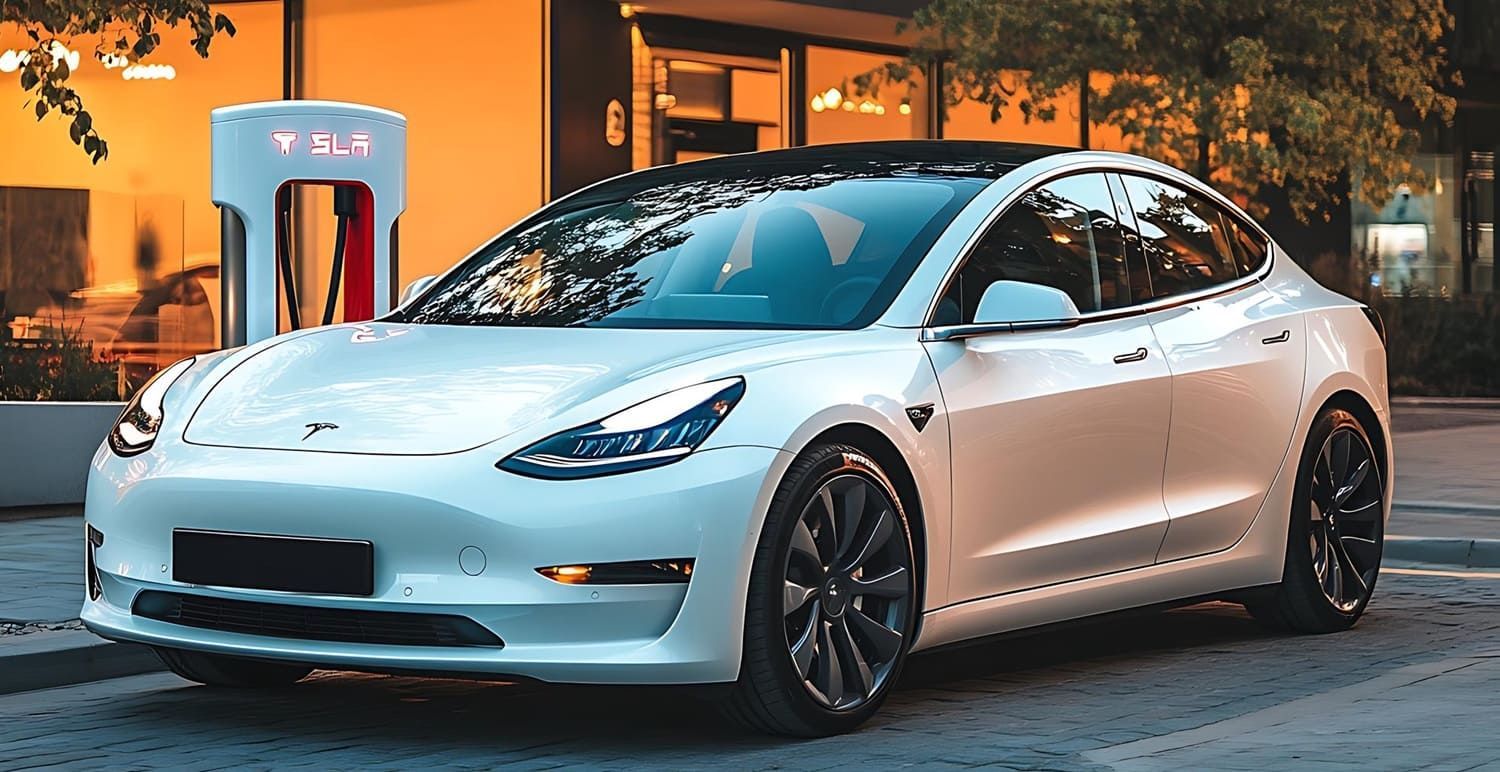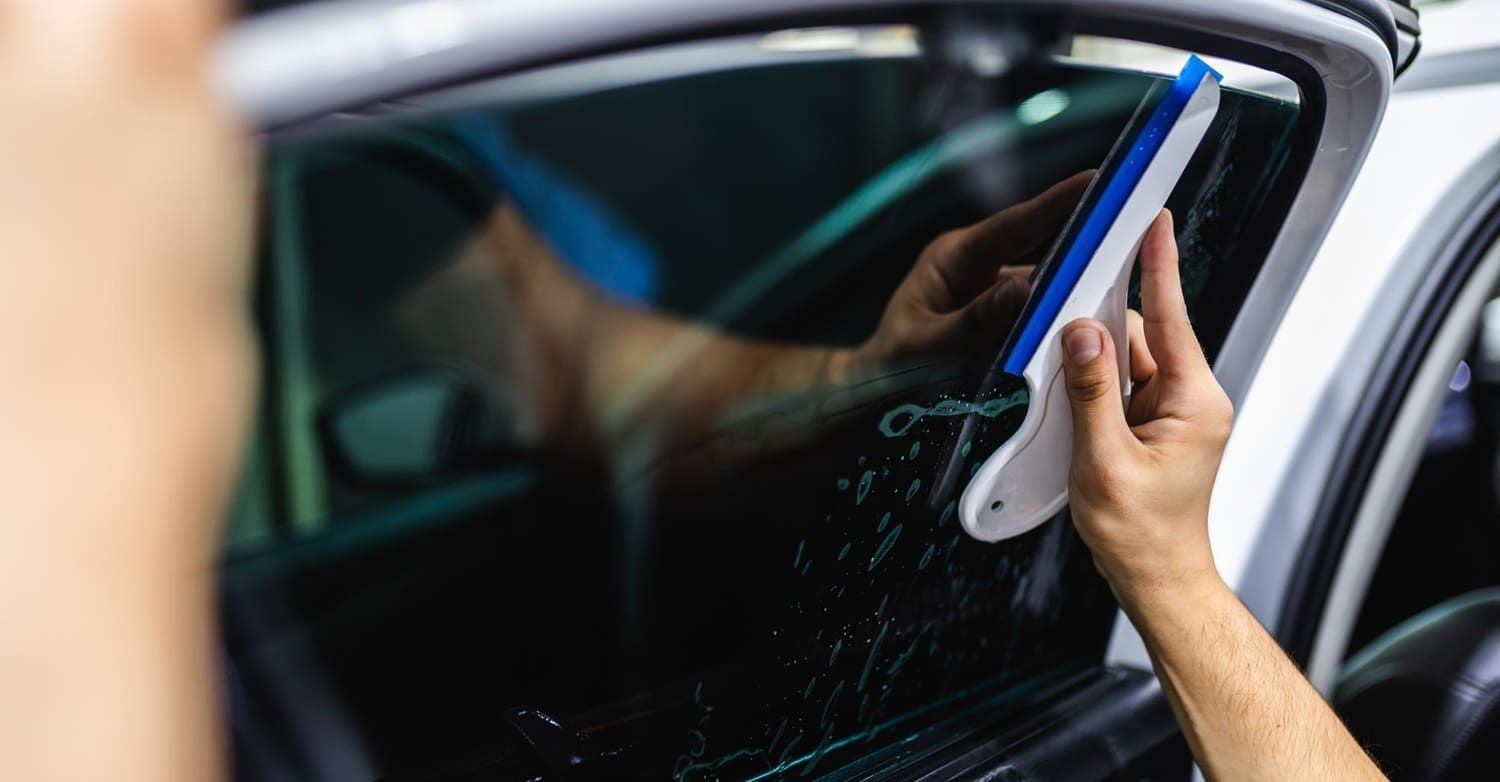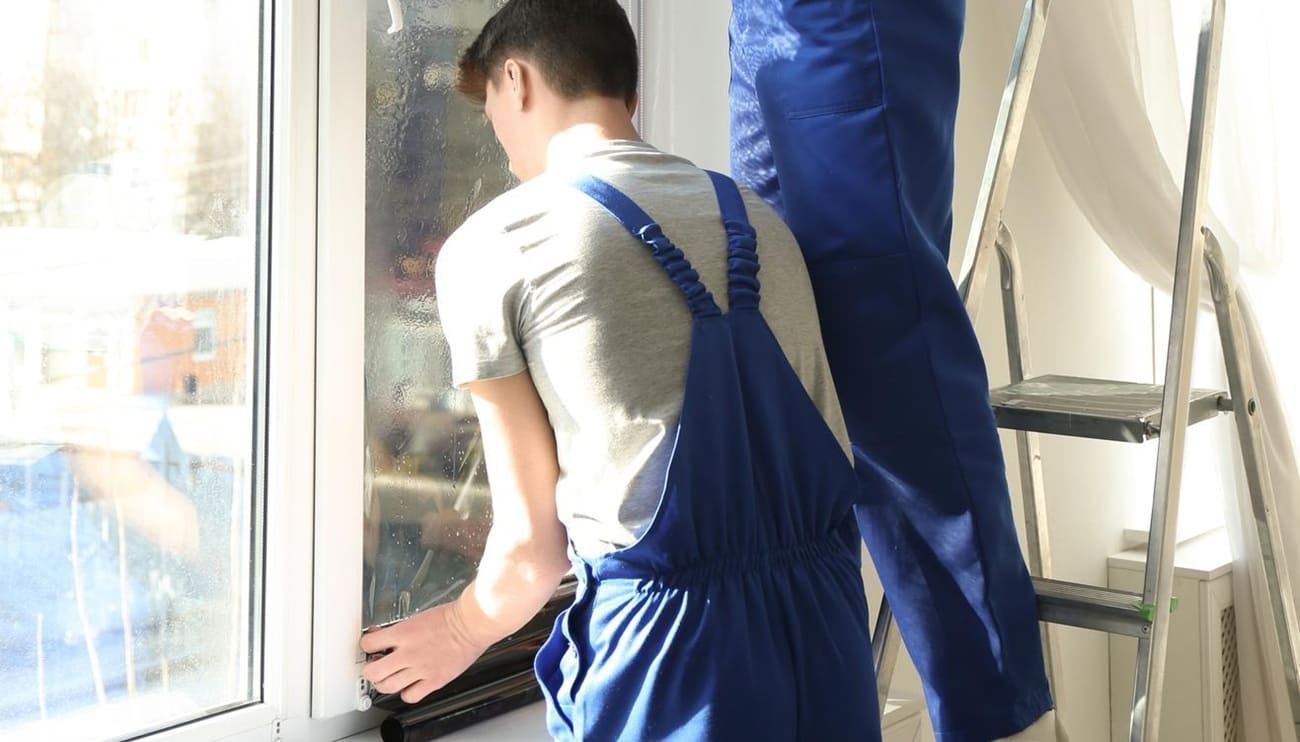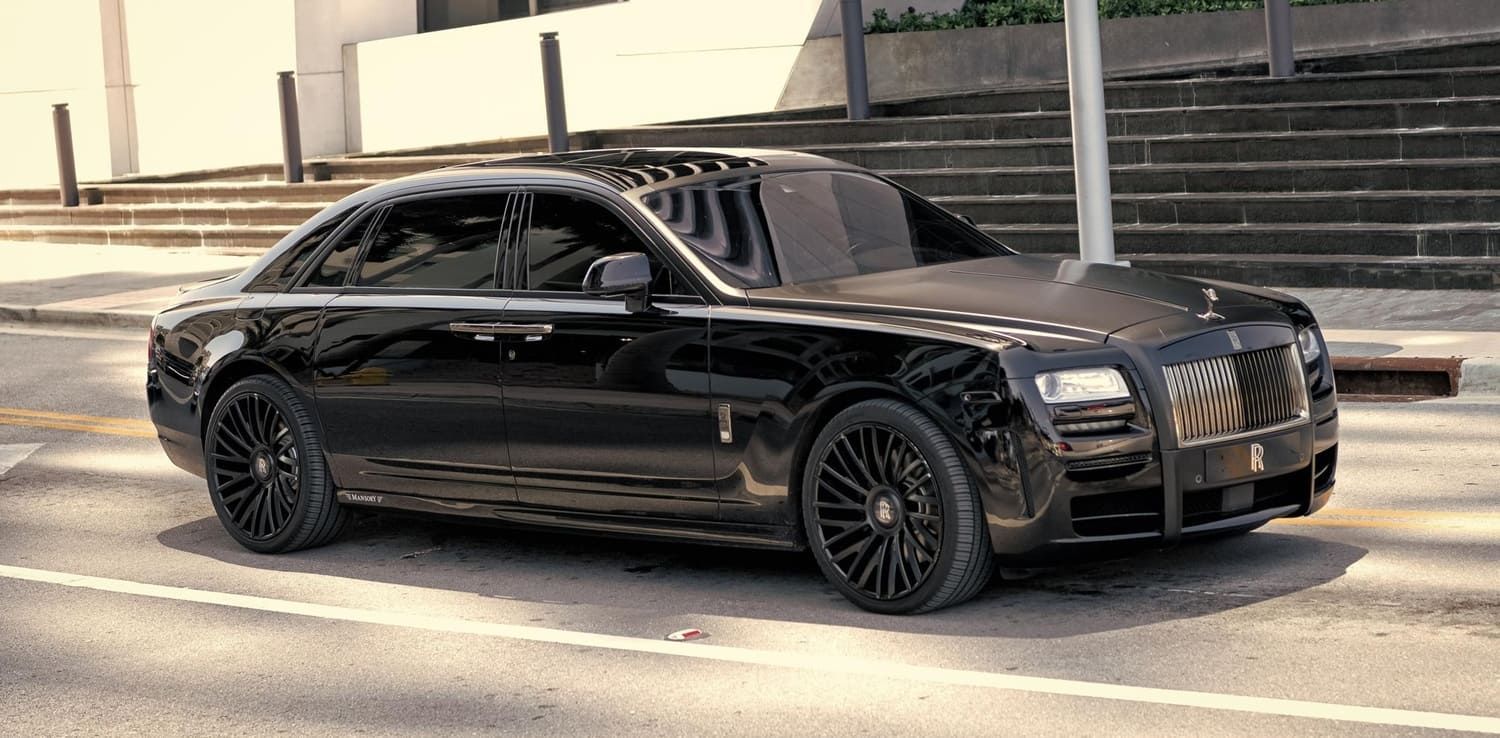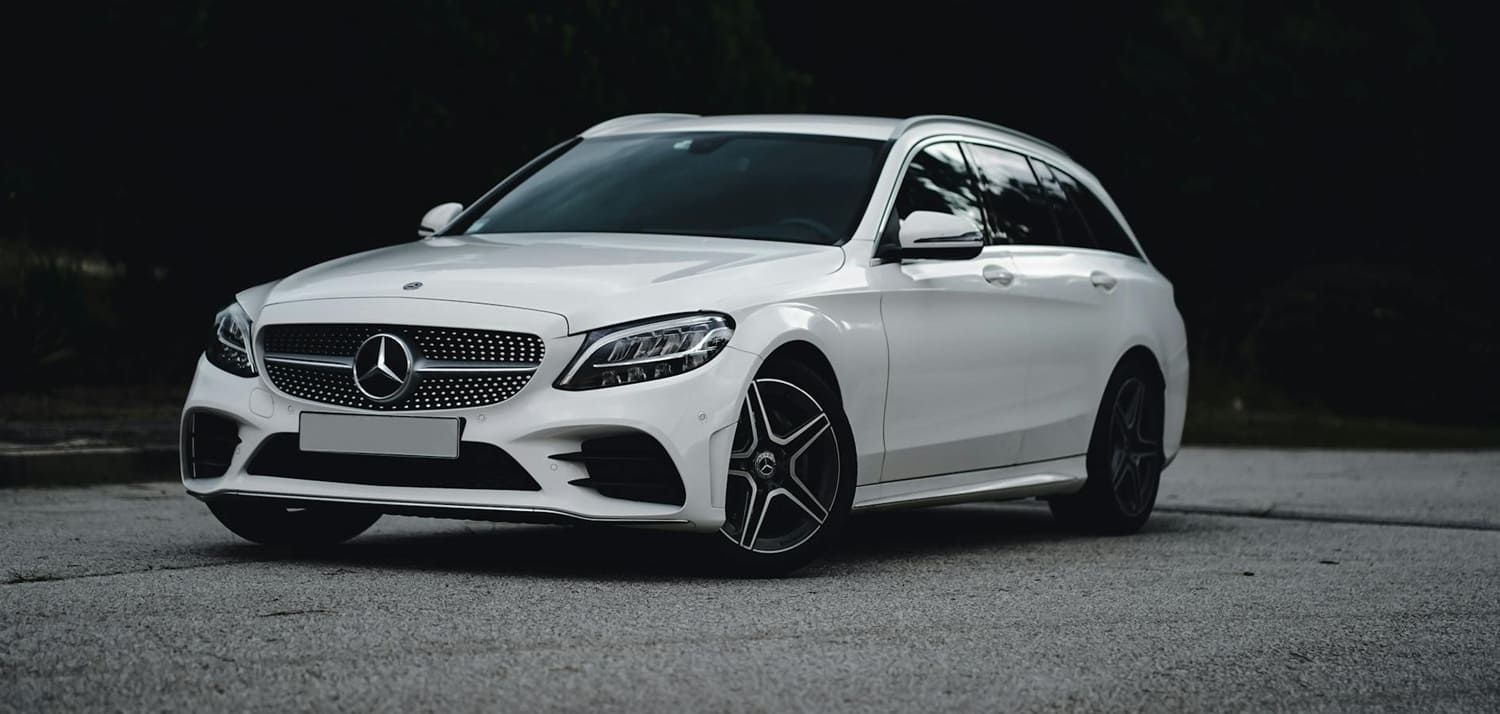Auto Window Tint Laws: The Basics of Window Tint Percentages
Before getting your car's windows tinted, you will want to know the basics of window tint laws. Here is the basic guide to legally tinting your car's windows.
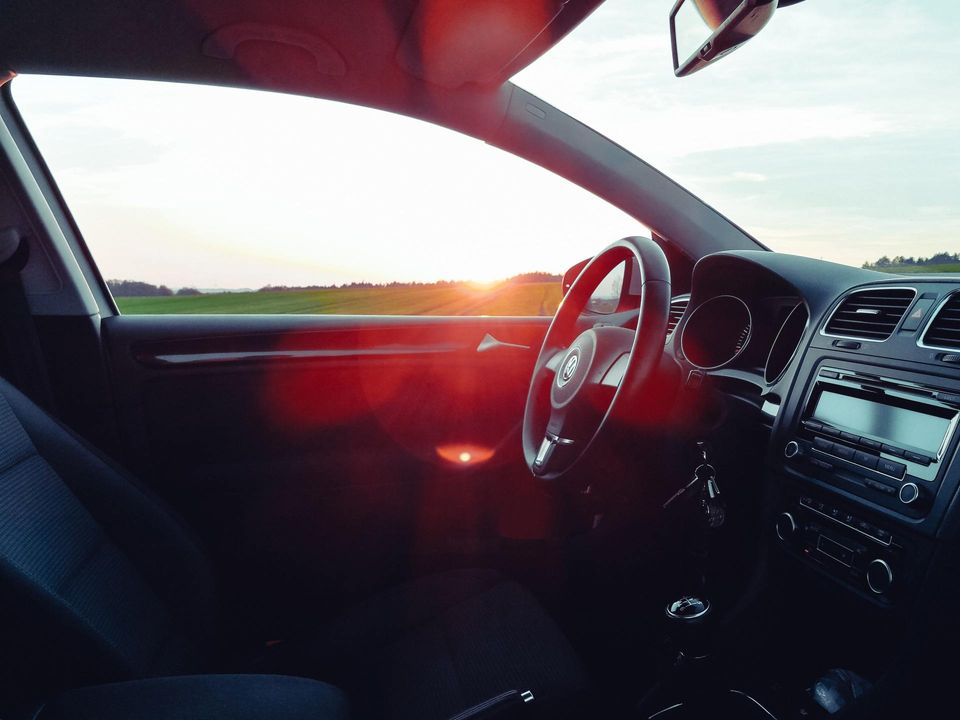
Did you know that Florida ranks as one of the top 10 states with the most melanoma case rates? In the Sunshine State, there are 29.2 melanoma cases per 100,000 people. For the most part, this is due to the state's high ultraviolet (UV) index.
Moreover, chronic UV exposure can cause non-melanoma cancers. Glare from the sun can also cause temporary blindness, which is dangerous to road users.
All those should be enough reason for you to invest in high-performance auto window tint. Before you do, though, you should familiarize yourself with window tint laws first.
True, Florida's vehicle "sunscreening" restrictions are a bit more lenient than other states. It's because of this that the Sunshine State still imposes penalties on those who break them. That's why it's crucial to know just how "dark" your ride's windows can be.
Ready to learn all about Florida's car tinting laws? Read on, then, as that's exactly what we'll cover in this guide!
A Primer on Visible Light Transmission (VLT)
Window tint laws by state vary, but all specify a maximum amount for tinting percentage. This “percentage” is usually referred to as visible light transmission (VLT).
VLT is the amount of light that a material, such as a tinted window film, lets through. The lower the VLT percentage, the less light the material transmits. That also means the tint itself is darker.
For example, a VLT of 70% means that 70% of light transmits through a window. It’s not that dark, but it’s darker than a non-tinted glass, such as a factory window.
In contrast, a VLT of 30% means that it blocks as much as 70% of light. Tinting materials with a 30% VLT are significantly darker than those with only 70%.
Under Florida auto tinting laws, the allowed VLT rate for sedans is different from SUVs and vans. Moreover, the permissible VLT varies for each window location.
Florida Auto Window Tint Laws for Sedans
Florida’s front window tint law specifies a VLT rating of no less than 28%. This means that the window (including the tint) must transmit more than 28% of light.
As for the backside and rear windows, you can tint them so long as they still let 15% of light through. So, they can be darker than your front side windows.
You can apply a non-reflective tint on a windshield, so long as it's above the manufacturer's AS-1 line. It should be transparent and must not impede the driver's direct forward viewing area.
Florida SUV and Van Window Tinting Laws
Florida allows SUVs and vans to have tinted front side windows, so long as they transmit more than 28% of light. These vehicles must also follow the same windshield sunscreen laws enforced on sedans.
However, the legal VLT for their back-side and rear windows are lower than sedans. You can darken your SUV's or van's back-side and rear windows until they allow only over 6% of light in.
Medical Exceptions to the Rule
An estimated 1.5 million people in the US have lupus, a type of autoimmune disease. It has no known cause, but exposure to sunlight is one of its purported triggers. Some of its common signs include rashes and skin lesions that seem to worsen when exposed to the sun.
For this reason, Florida exempts lupus patients from its car window tinting laws. Other medical exemptions are those for dermatomyositis, albinism, and vitiligo (facial or total). The same goes for people with DeSanctis-Cacchione syndrome (Xeroderma Pigmentosum).
Exemptions also apply to any other autoimmune disease that requires limited light exposure. This includes scleroderma, which affects an estimated 300,000 people in the US. This autoimmune disorder can cause photosensitivity, so limited light exposure is a must.
If you have any of the above diseases, you can apply for a sunscreening medical exemption. However, you need to obtain a Physician's Statement of Certification first. A healthcare professional licensed under Florida Statues can issue this document.
The above includes a physician or dermatologist licensed to practice in Florida. Other certificates accepted are those issued by a licensed advanced registered nurse practitioner. The Sunshine State also permits certificates from a licensed physician assistant.
In some states, exemptions only apply to registered vehicle owners or drivers. Florida's car window tinting laws aren't the same, as even non-owners can apply for an exemption. However, the exemption certificate must be in the vehicle at all times.
Other Vehicles Eligible for Window Tinting Exemptions
Are you a private investigator or own a private investigative firm in the Sunshine State? If so, then know that Florida also exempts such services from its window tinting laws. These exemptions apply to vehicles owned or leased by your PI agency.
Penalties for Breaking the Sunshine State’s Vehicle Sunscreening Laws
You must know the legal side of tinting car windows, as penalties await those who break the law. For starters, a violation of Florida's tinting laws is a noncriminal traffic infraction. This means you can get slapped with a nonmoving citation.
At the very least, you're likely to face a fine of at least $30 if you make your car windows too dark. You may also have to pay administrative and assessment fees on top of these imposed fines.
The Safest Way to Get Your Windows Tinted: Going Pro
As you can see, Florida's auto window tint laws are a bit laxer than other states. That's enough incentive to follow the rules and never to go darker than what the statutes permit. Still, it can be tricky to deal with VLT rates, especially if this is your first time getting your windows tinted.
So, for your own safety and security, consider hiring the pros at Flying Window Tinters. Our expert tinting technicians will ensure your ride's windows meet all state laws. Ring us up now to learn more about your auto sunscreening options!

